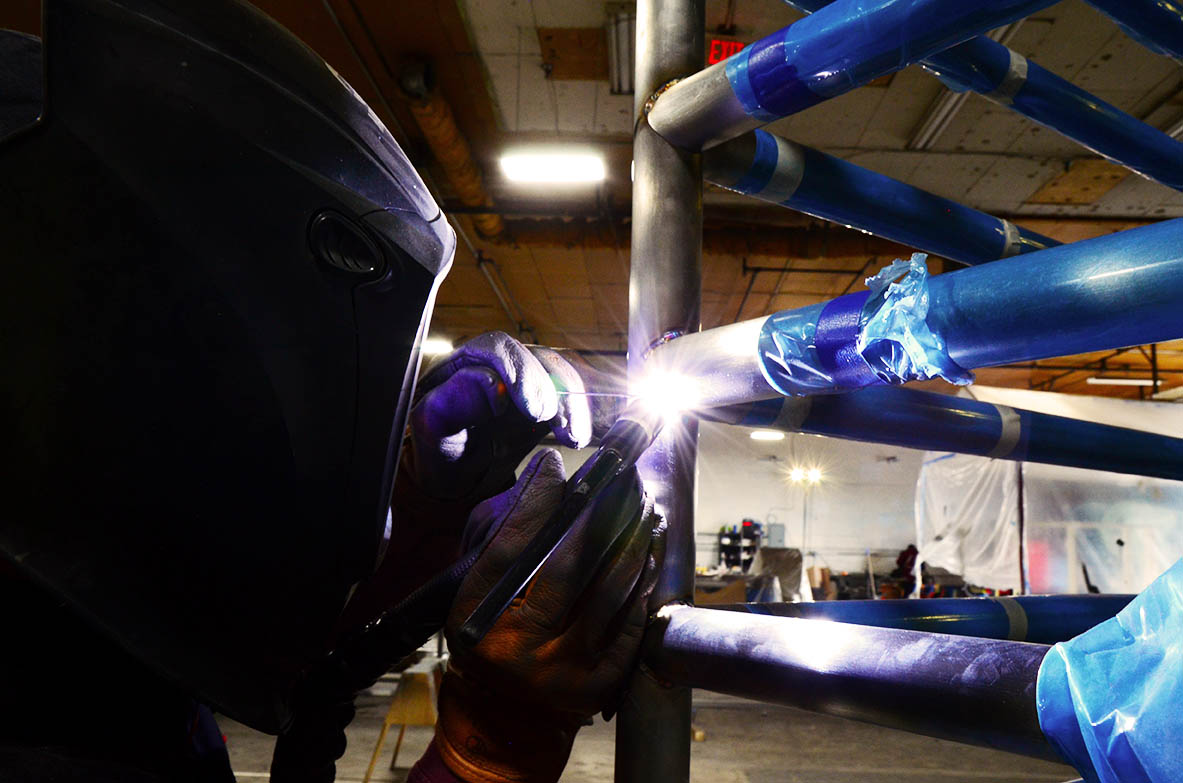


Stainless steel is an alloy primarily of steel, chromium, and nickel. By joining these materials we achieve extremely high resistance to corrosion, since chromium, when in contact with oxygen, creates a passivating layer that makes it unaffected by external agents, except for some acids and, to a lesser extent, chlorides.
This passivating layer is what protects stainless steel from corrosion, which is why it has a resistance to oxidation and corrosion that differentiates it from other types of metals.
Stainless steel is not a coating, this means that the qualities are always the same, there are materials that are covered by a protective or decorative layer, stainless steel will always be and will shine depending on the finish that is given to it.
Advantages of stainless steel
Maximum hygiene.
Less adherence to dirt and external agents.
Quick surface cleaning.
Great durability.
Minimum maintenance.
Different finishes: Satin, polished, or vibrated.
Heat resistance.
Resistance to humid environments.
Powered by Froala Editor